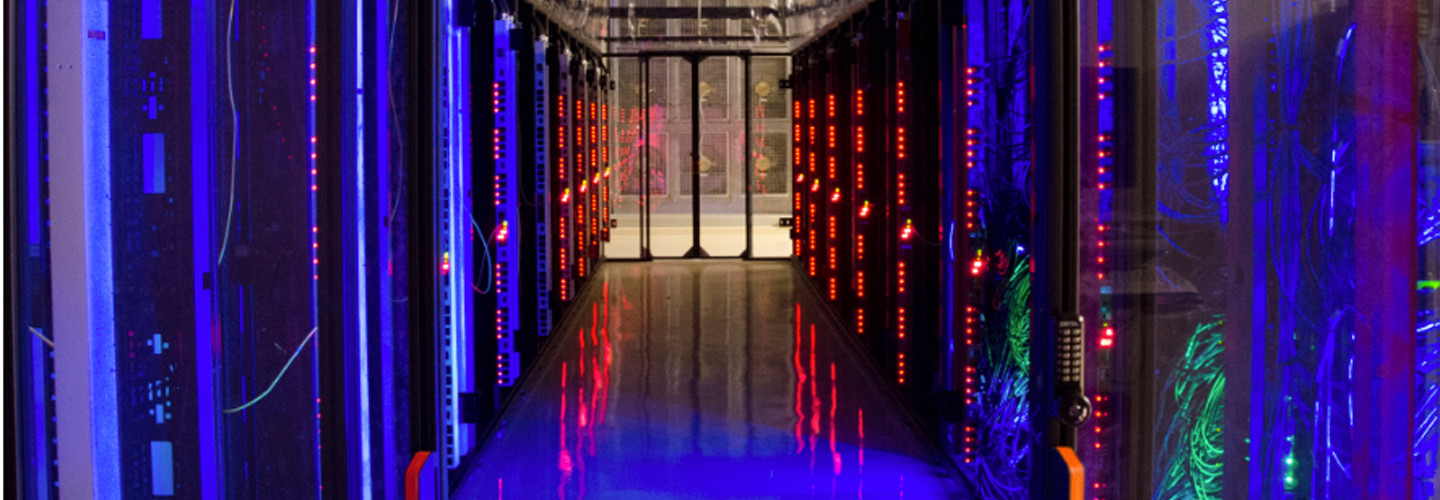NSF’s $20 Million Investment Will Fuel Cloud-Based Research
The National Science Foundation wants to transform the way cloud services are designed and delivered to support a new wave of applications for medical devices, power grids, transportation systems and other critical areas.
NSF is funding two $10 million projects aimed at empowering “academic researchers to experiment with novel cloud architectures and pursue new, architecturally enabled applications of cloud computing,” NSF CIO Amy Northcutt wrote in a recent blog post.
“While most of the original ideas that laid the foundation for cloud computing came from the academic research community, as clouds grew in popularity, industry has more recently driven their design and use,” Northcutt explained. That’s why the NSF-funded projects will complement industry efforts.
The two projects — dubbed Chameleon and CloudLab — will serve as testbeds for cloud experiments and development of new applications and will be available at no charge to researchers from institutions throughout the country. NSF expects thousands of scientists to use the new testbeds.
Chameleon Offers Public Cloud Resources for Research Experiments
The Computation Institute, which focuses on advancing science through innovative computational approaches, will lead a group of academic institutions in the development of Chameleon. Researchers will focus on developing solutions that “might make possible high-performance computing in the cloud — creating virtual supercomputers on demand for research.”
Kate Keahey, a senior fellow at the Computation Institute and principal investigator for Chameleon, says the testbed will adapt to evolving experimental needs, such as demands to reconfigure the underlying hardware that supports the cloud.
The Computation Institute describes Chameleon as “an experimental data center where researchers will have all-access permission to tinker with hardware and software for the cloud, see the results, and reveal an exciting future.”
Other organizations working on the project include the International Center for Advanced Internet Research at Northwestern University; the Ohio State University; and the University of Texas at San Antonio.
Building a Cloud On Demand
CloudLab will enable U.S. academic researchers and educators to build their own clouds and test new ways of engineering cloud environments.
The hardware supporting CloudLab comes from Cisco Systems and HP, among others. Users can take advantage of OpenStack, Hadoop or other cloud software and provision a cloud within CloudLab in just minutes, according to the project team.
“Most CloudLab resources provide hard isolation from other users,” notes CloudLab on its website. This means researchers can “fully understand why their systems behave the way they do, and can have confidence that the results that they gather are not artifacts of competition for shared hardware resources.”
A preview of the CloudLab technology is available today and will be open to the public by early 2015.
To learn more about how cloud computing solutions can help your organization get ahead, visit cdw.com/cloud.








